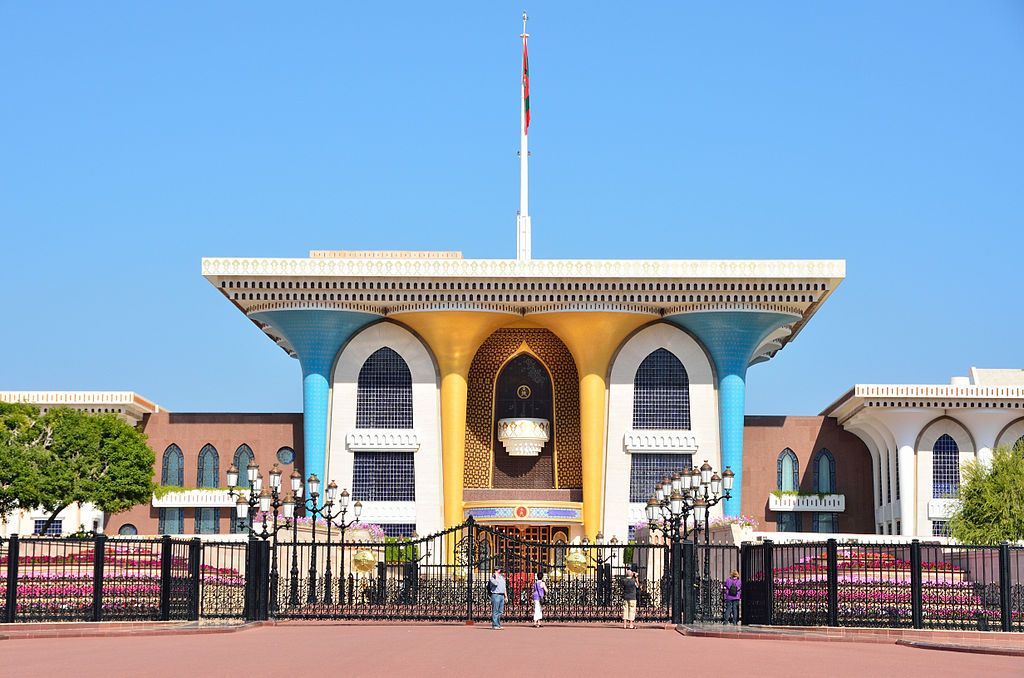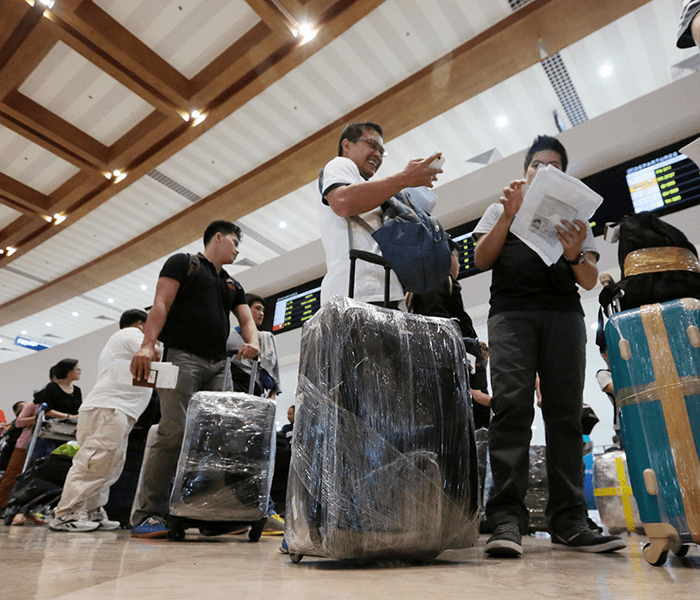Saudi Arabia recent changes to work Visas block Visas and Nitaqat

A Workforce Nationalization is a government initiative that requires the employment of locals in specific industry sectors. The benefits of this move include an increase in the employment rate of the locals and the reduction of the country’s dependence on the expat workforce.
Nationalization of the workforce in Saudi Arabia
Employment of expats is subject to the percentage of Saudi Nationals employed. Under the labour law, 75% of the total workforce must comprise of nationals.
A classification is created based on this number: Premium, green, Yellow and Red. An employer will benefit from being in a higher category via greater flexibility while recruiting and handling expats. A lower category calls for increased penalties.
According to the Nitaqat Program, the employer is given a quota for employing nationals based on the sector of the employer and the total number of employees. In order to encourage these employers to meet and also exceed the quotas, certain Incentives and subsidies are offered.
- Every employer must have at least one Saudi national employees, regardless of size.
- Certain functions may be undertaken only by Saudi nationals.
- An employer must employ a Saudi national in a job before employing a non-Saudi national in that job.
The Block visa system enables block visas to be issued under quota to control the number of expats in Saudi Arabia.
April 2019 saw a few changes. The Ministry of Labor and Social Development (MLSD) announced some changes that would have a direct impact on employers with foreign workers.
The change in the Nitaqat Program
- Since 2nd February 2019, The Saudization levels of companies will be calculated when employees are hired and when they depart. The
- Nitaqat ratings are instantly affected as opposed to earlier when it took 26 weeks for the changes to reflect.
- Employers with rating platinum, high-green and low-green in the past 13 weeks are subject to the change in the Nitaqat program.
- There will be an increase in the ratio of employed Saudi nationals required against expatriate workers in KSA. This is based on factors such as the size of the company, the average salary of the locals, the percentage of locals in the organization and their retention rate along with high-salaried locals.
- The calculation is an average of employees – local and expats – over 26 weeks. This gives employers sufficient time to rectify the issue if any.
- The change enables employees to apply for block visa application faster. The removal of the 26 weeks of a buffer may create fluctuation in the Saudization levels.
Changes to Nitaqat Quota Thresholds and its impact to IT industry
The government will apply stricter quota thresholds for 70 industries across all company sizes, for example:
- Small IT companies, employing from 6 to 49 employees must have a 56% Saudi workforce in order to be in the Platinum tier. This is a significant increase from the current 30% Saudization requirements.
- In the oil and gas sector, small companies (6 to 49 employees) must have a 66% Saudi workforce to reach Platinum status (instead of the current 56%), while all medium-sized companies must meet an 81% Saudization and large companies 91% for Platinum status.
For longer-term planning, companies should employ a GEO to gather information and begin to devise strategies for talent acquisition.
- Assess current colour rating and track how it changes after Sept. 3. The Nitaqat status will automatically be updated online after Sept. 3.
- New quota thresholds will differ significantly from company to company, depending on industry, company size and current standing.
- Understand what the new quotas are for your company.
- Assess when your company’s block visas expire. Block visas are generally valid for one year from issuance.
- Assess how hiring new foreign nationals on existing block visas will impact your company’s revised colour rating.
- Assess training programs for Saudi talent and retention strategies.
- Advertise in the Taqat national job site system as far in advance as possible, even if your company is Platinum rated.
The story ahead
Saudi Arabia aims to attract more investment into the country by easing the process of hiring expats. Media reports suggest that the Government is looking to reduce the costs of relocating expats as well. The relaxation of the blog visa regulations aims to impact the labour market positively by ensuring increased job opportunities for the locals.










































































